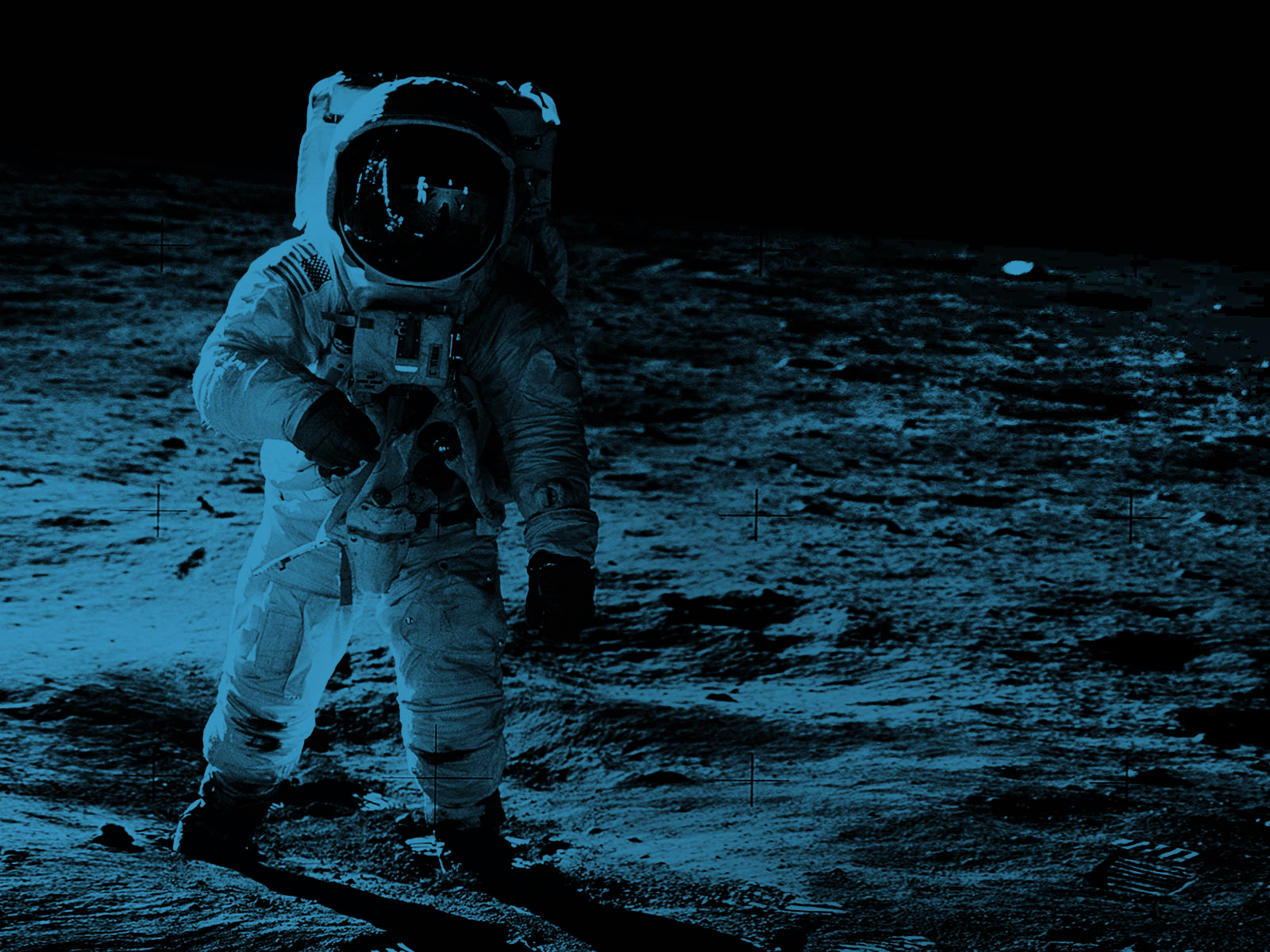We gathered a distinguished and wide-ranging group of innovators in London last week for the presentation of our 11th annual Innovation awards. As in previous years, we recognised the world’s greatest innovators in eight categories. But we changed things around a bit this year: the ceremony took place at BAFTA, and two changes to the format of the awards provided greater insight into the stories behind each innovation, and the process of innovation itself.
The first change was that each winner was asked to provide a brief statement about the “Eureka” moment when they first had their idea, or when its potential first became apparent. These words were turned into a brief and stylish “kinetic typography” animation that was shown before we announced each winner. Once I had presented the award, we moved on to a second new feature of the ceremony: I did a brief on-stage interview with each winner, touching both on the specifics of the winning idea and the broader lessons for promoting innovation in the future.
Our bioscience winner, for example, Napoleone Ferrara of Genentech, had done much of the preliminary work for his breakthrough innovation in “discretionary time” — time in which employees are allowed to pursue their own research interests. Mr Ferrara’s work paved the way for two new drugs that work by inhibiting the growth of blood vessels: Avastin, an anti-cancer drug, and Lucentis, which curbs age-related vision loss. Mr Ferrara said he thought more companies should grant such “20% time”, though he suggested that it should be offered selectively. The challenge, he said, is to strike the right balance between freedom and oversight when allowing researchers to pursue their own ideas.
Min Kao, who was the joint winner in our Computing and Telecommunications category along with his colleague Gary Burrell, explained how the two men came up with their winning idea over a casual dinner at an unassuming restaurant. Why not make low-cost devices to allow ordinary people to use the satellites of the Global Positioning System (GPS) for navigation? At the time GPS was the province of military users. The two men founded Garmin, which has since sold more than 100m devices. Mr Kao told us that he now realises that the original dinner was “a life-changing event”. At the time, he added, they did not realise just how ambitious their idea was.
In our “No boundaries” category, which recognises innovations that do not fit neatly into traditional categories, the winner was Elon Musk of SpaceX. His was the first private company to send a spacecraft into orbit and return it to earth, and this year SpaceX has sent its Dragon spacecraft on two successful missions to the International Space Station. Mr Musk explained that his long-term goal is to build spacecraft capable of sending humans to Mars. He added that he likes the idea of being born on Earth and dying on Mars — “but not on impact,” he quipped. Mr Musk explained how he transfers ideas between SpaceX and his other company, Tesla Motors, which makes electric cars. And he provided some tantalising clues about his next project, Hyperloop, “a cross between a Concorde and a railgun”, which would carry passengers between San Francisco and Los Angeles in half an hour. This is a man who embodies the idea that there should be “No boundaries” to innovative thinking.
Other winners included Jack Dangermond of ESRI and John Hanke of Google, who won the Computing and Telecommunications award for pioneering and promoting computer mapping, including Google Earth; Yet-Ming Chiang of the Massachusetts Institute of Technology, who won the Energy and the Environment award for inventing an improved kind of lithium-ion battery, used in power tools, electric cars and hybrid buses; Marc Benioff of Salesforce.com, who won the Process and Service award for championing “software as a service” delivered via the web; Greg Allgood and Philip Souter of Procter & Gamble, who won in the Social and Economic category for developing a simple water-purification process that has delivered more than 3 billion litres of safe drinking water in 65 developing countries; and Google, which won the Corporate award for its ability to foster a creative environment that has produced a stream of innovative new services.
Every year we gather so many great minds together for the ceremony — not just the winners themselves, but also many of the judges, some of whom are former winners, and other attendees. I thought this year’s ceremony was the most enjoyable yet, because by introducing these changes to the format we were able to hear more of the stories behind the winning innovations. It seems appropriate that we chose BAFTA as the venue for this more narrative-driven approach. And it seems even more appropriate that our awards ceremony, which celebrates innovation in all its forms, should incorporate a few innovations of its own.
The views and opinions expressed in this article are those of the authors and do not necessarily reflect the views of The Economist Intelligence Unit Limited (EIU) or any other member of The Economist Group. The Economist Group (including the EIU) cannot accept any responsibility or liability for reliance by any person on this article or any of the information, opinions or conclusions set out in the article.




